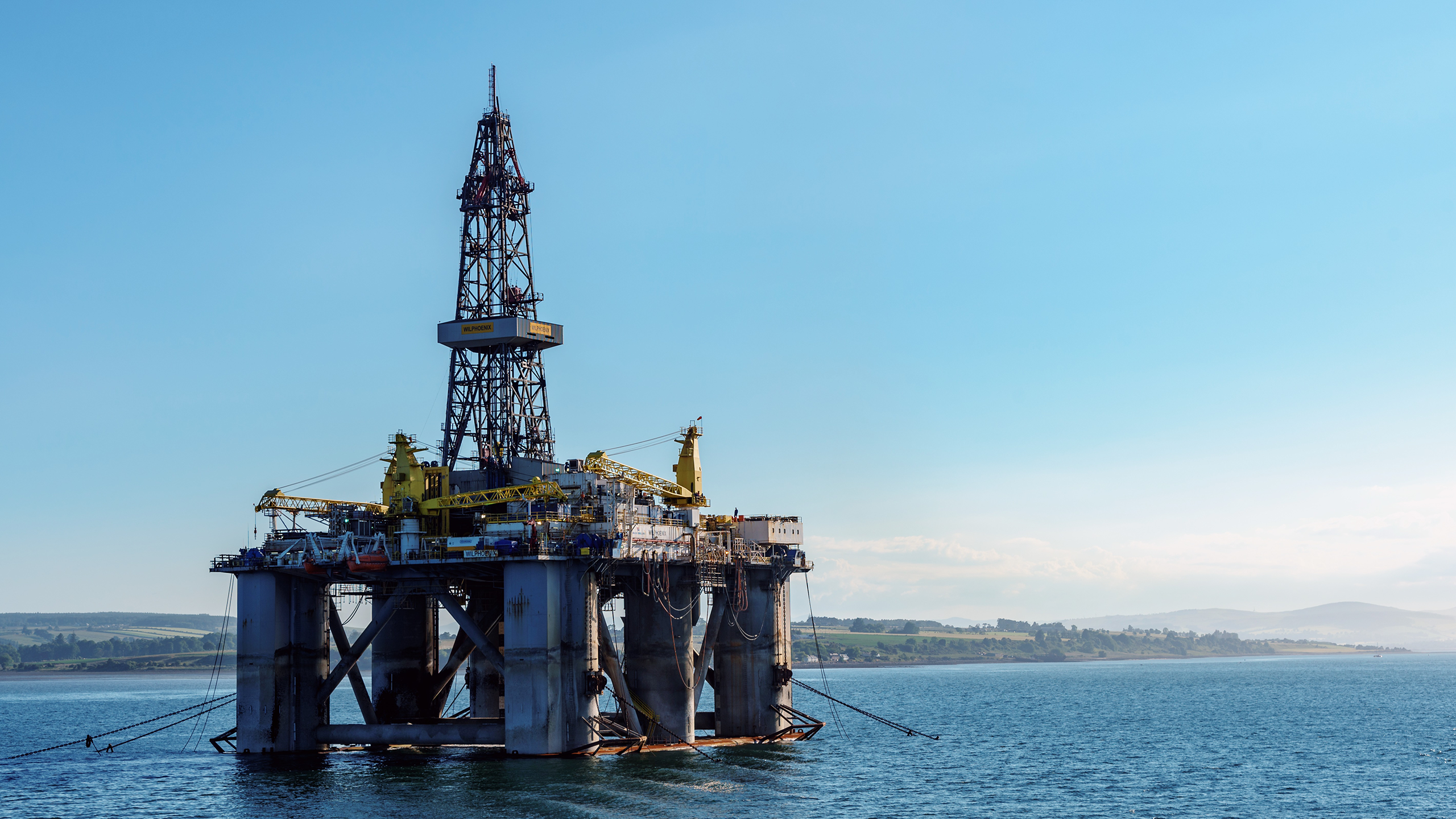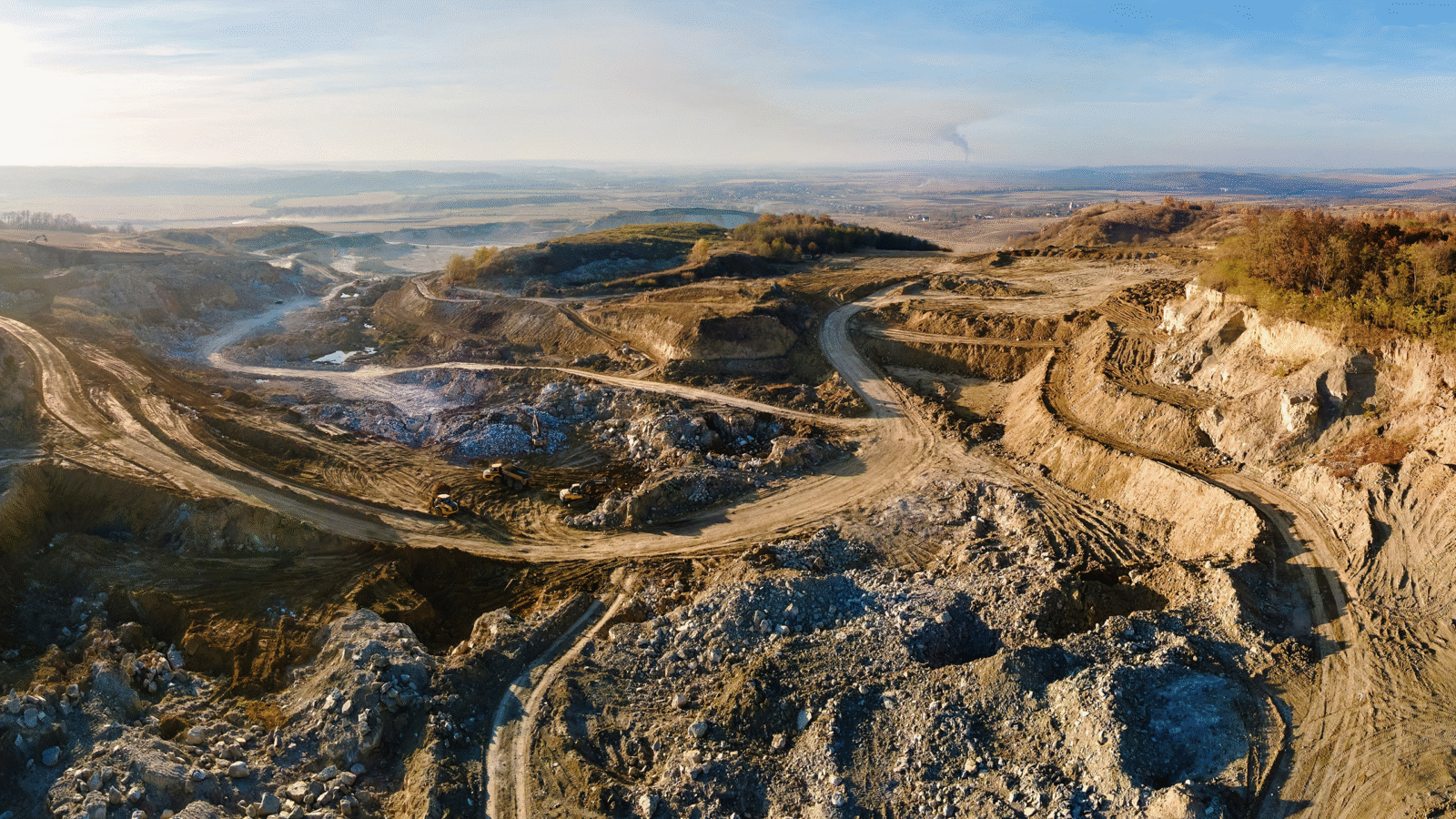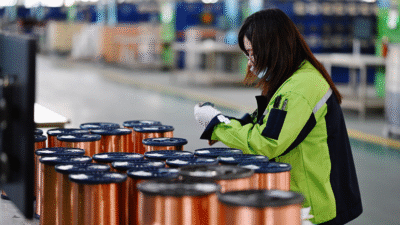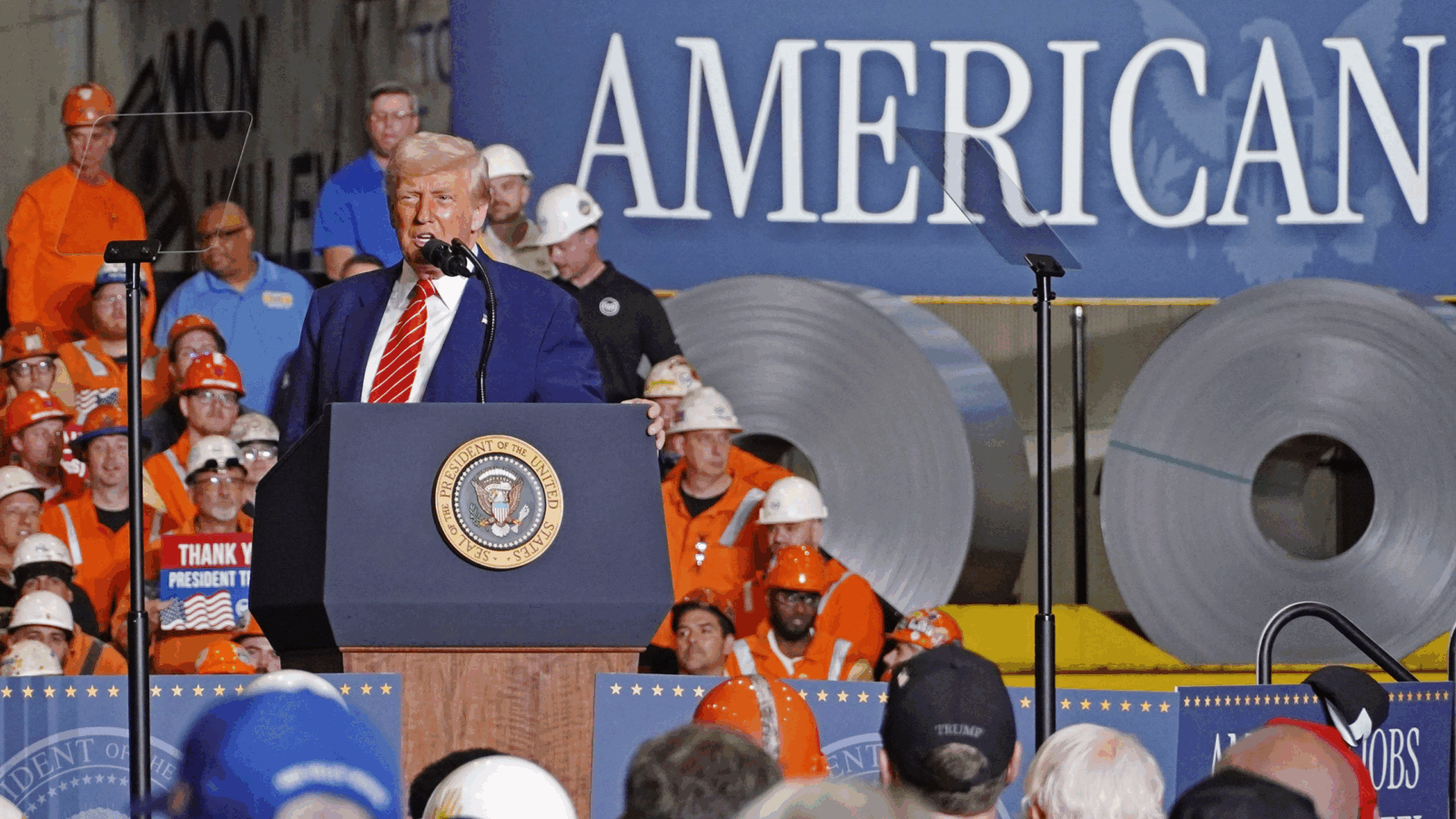US Tussles with China and Russia over Deep-Sea Mining Rights
The US is looking to extend its jurisdiction to a mineral-rich undersea section of its continental shelf. Not so fast, say China and Russia.
Sign up for smart news, insights, and analysis on the biggest financial stories of the day.
Our new Cold War has its first major sea battle.
The Financial Times reported on Monday that China and Russia are challenging an area of seabed that the US wants to claim to pursue deep-sea mining. Previous arguments have revolved around whether anyone should be deep-sea mining at all, given the risk to ecosystems. Now, we’re moving on to the “who gets to potentially damage the ecosystems first” stage of the debate.
Entrenched Sides
Deep-sea mining is starting to turn from theory into industrial reality. It involves sending machines to the seafloor to pick up nodules — mineral deposits the size of a potato — that have formed over millions of years. These nodules contain minerals such as cobalt, nickel, and manganese, which are extremely valuable to the battery-building industry, making them just as valuable to the electric vehicle industry.
While some countries including Germany and France have argued that no one should be mining these nodules, China, the US, and a few others are raring to go.
Exactly where you can prospect for ultra-valuable potatoes is dictated by a 1982 UN treaty called UNCLOS (the United Nations Convention on the Law of the Sea). The US has never ratified UNCLOS, and China (ratified in 1996) and Russia (ratified in 1997) are using that as a wedge issue:
- Per the FT, the US said last December it was looking to extend its marine area of jurisdiction to include a particularly mineral-rich area that lies on its continental shelf. While a source said nations have the right to try to expand their jurisdictions, China and Russia are pushing back by arguing that the US doesn’t have that right without ratifying UNCLOS.
- For some US lawmakers, there is an immediate concern that if the country doesn’t get into deep-sea mining in a big way, China will dominate the field and control a crucial part of the battery supply chain.
The Wind in China’s Sails: China has been particularly active in trying to get deep-sea mining off the ground, but it also has more ground to make up. When UNCLOS was signed, it introduced “exclusive economic zones” for each country which extend 200 nautical miles from their coasts. The US ended up getting 12.4 million square miles of ocean compared to China’s 900,000. So squabbles over jurisdiction could get pretty heated — to say nothing of the vast swathes of open ocean that at least for the moment remain unclaimed by any country.












